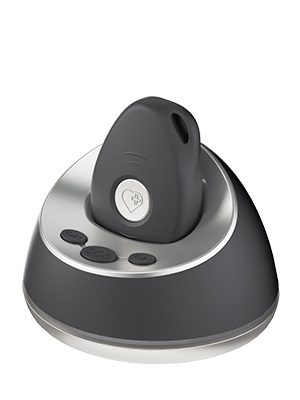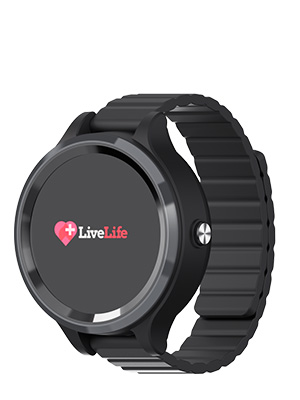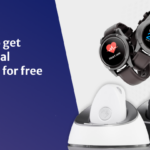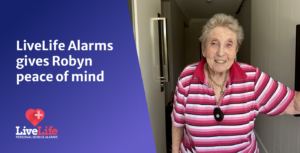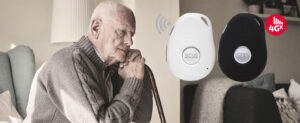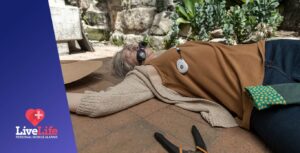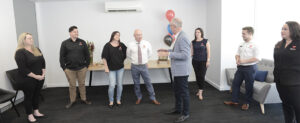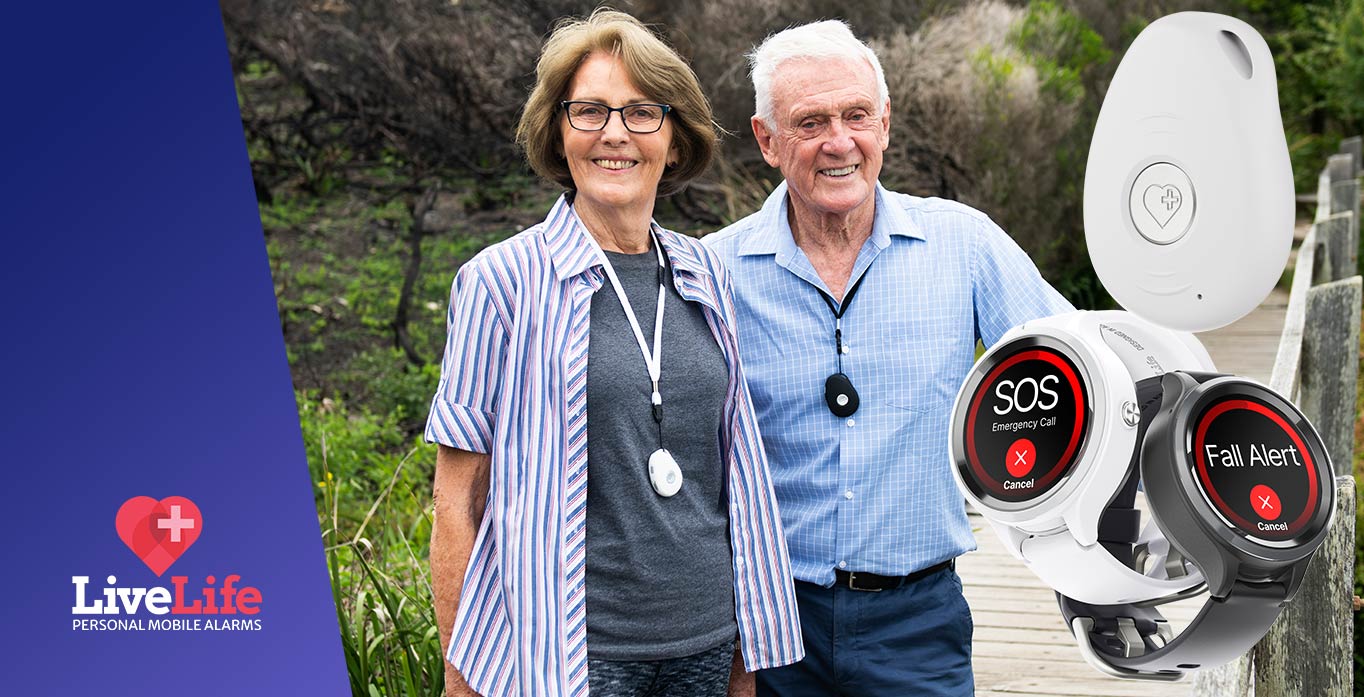
A Comprehensive Guide to Choosing the Best Personal Alarm for Seniors
Personal alarms are a smart way for older Australians to call for help when they need it, whether it’s after a fall, during a medical emergency, or just when things feel a bit off. But with so many options out there, how do you choose the right one?
Here’s a simple guide to help you find a personal alarm that fits the wearer’s lifestyle.
What is a personal alarm?
Let’s start with the basics. A personal alarm is a small device that alerts family, friends, or a professional monitoring team during an emergency.
It traditionally comes in a pendant format, worn around the neck or wrist, and allows the wearer to call for help by pressing a button. These days, personal alarms are also available in watch format, a great option for those who prefer something more discreet. Keep in mind that personal alarm watches often rely on the wearer being able to use a touchscreen.
Why are personal alarms important for seniors?
As we get older, the risk of falls, health scares or sudden accidents increases. A personal alarm acts like a trusty sidekick, ready to jump into action when needed. It gives peace of mind to both the wearer and their loved ones, without being invasive or over the top.
Key features to look for
Not all alarms are created equal. Some are basic, others are packed with features. Here’s what matters most:
- Automatic fall detection
Falls can happen without warning, and sometimes the wearer may not be able to press the button themselves. Devices with fall detection can automatically call for help when a serious fall is detected. - Mobile coverage
Make sure the alarm works wherever the wearer goes, not just at home. A mobile personal alarm with 4G coverage ensures help is always available, even when walking the dog or heading to the local shops. - Two-way communication
Being able to speak and listen through the alarm means the wearer can explain what’s going on in real time. It also helps responders assess the situation and act quickly. - Water resistance
Slips happen in the bathroom more than anywhere else. A water-resistant alarm is a must for wearing in the shower, where accidents are most likely to happen. - Comfort and ease of use
If the alarm isn’t comfy or looks too clinical, chances are it’ll end up in the drawer. Choose something the wearer actually wants to wear – something light, discreet, and easy to use.
Professional monitoring vs family monitoring
Some personal alarms are linked to a 24/7 response centre, while others notify family and friends directly. Neither option is better than the other; it depends on the wearer’s needs and support network.
- Professional monitoring is ideal for those who live alone, have limited family nearby, or just want trained responders on the job.
- Family monitoring suits wearers with a strong support system and loved ones ready to respond at any hour.
Things to watch out for
- Locked-in contracts – Some providers make you sign up for long-term plans with tricky exit fees. Read the fine print.
- Hidden costs – Check for monthly fees, set-up costs or charges for SIM cards and replacements.
- Poor coverage – Make sure the alarm works in your area. Regional customers, especially, should ask about mobile network reliability.
The bottom line
A personal alarm should be simple, reliable, and suit the wearer’s lifestyle. Whether it’s for Mum, Dad, or yourself, choosing the right one can make a world of difference in safety, independence, and peace of mind.
At the end of the day, it’s not about wrapping our loved ones in cotton wool—it’s about making sure they’ve got support if life throws a curveball. And if that support comes in the form of a discreet device that’s simple to use? Even better.
And if you’re unsure which device is best for you or your loved one, our team at LiveLife Alarms can talk you through the available options and help you choose with peace of mind. Give us a call on 1800 936 774– we’re here to help.

